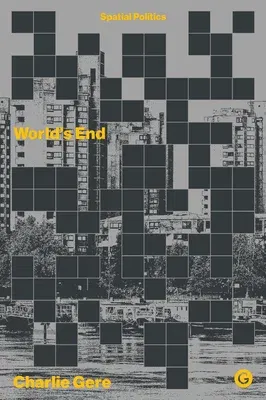A memoir and cultural history the World's End, a West London area once
home to bohemian artists and punk rock and now an outpost of
neoliberalism.
Charlie Gere's account of growing up in the World's End area of West
London during the Cold War combines local history, cultural history,
memoir, and a strong sense of the apocalyptic. Once a rundown part of
Chelsea at the wrong end of the King's Road, the World's End has long
been a place for bohemian writers and artists, including Turner,
Whistler, Beckett, Bacon, and Bacon's muse Henrietta Moraes, all of whom
evinced an appropriate apocalyptic sensibility. After World War II, in
which the area suffered severe bombing, it became a center of the
counterculture that emerged from what Jeff Nuttall called "Bomb
Culture," formed by the threat of nuclear annihilation.
The famous boutique Granny Takes a Trip opened there in 1966, joined
later on by Hung On You, Puss Weber's Flying Dragon Tea Room, and the
commune Gandalf's Garden. The area also featured trepanning aristocrats
and pet lions, among other eccentricities. In the 1970s, the World's End
was the center of punk rock. Gere's parents arrived as part of a wave of
gentrification, and Gere, born and brought up there, witnessed its
social and cultural evolution. As an adolescent, he was traumatized by
the prospect of nuclear war. He has lived long enough to see the World's
End now bearing the marks of out-of-control neoliberalism and its
grotesque accompanying inequality. But this too shall pass as worlds
end.

